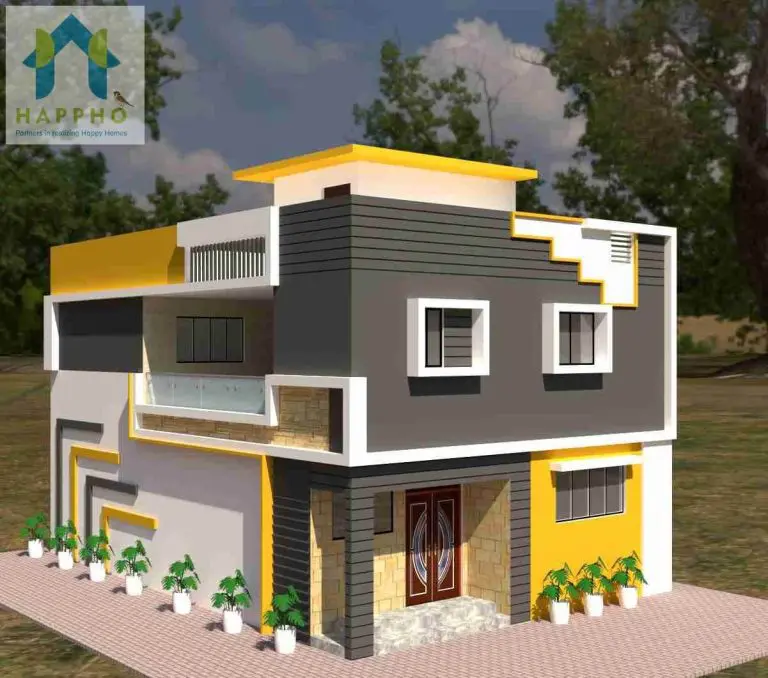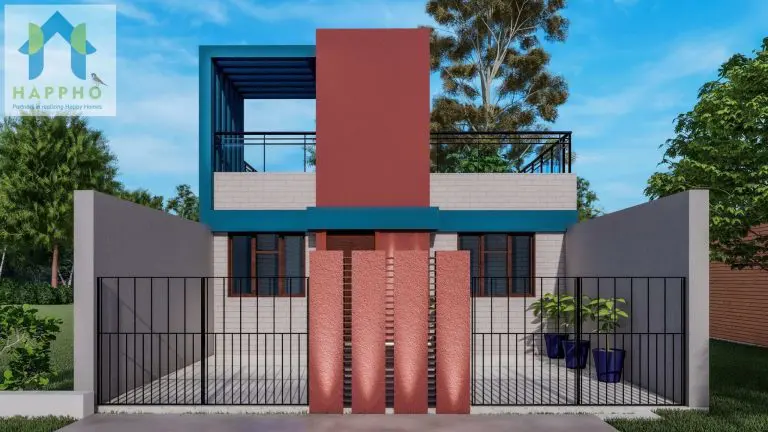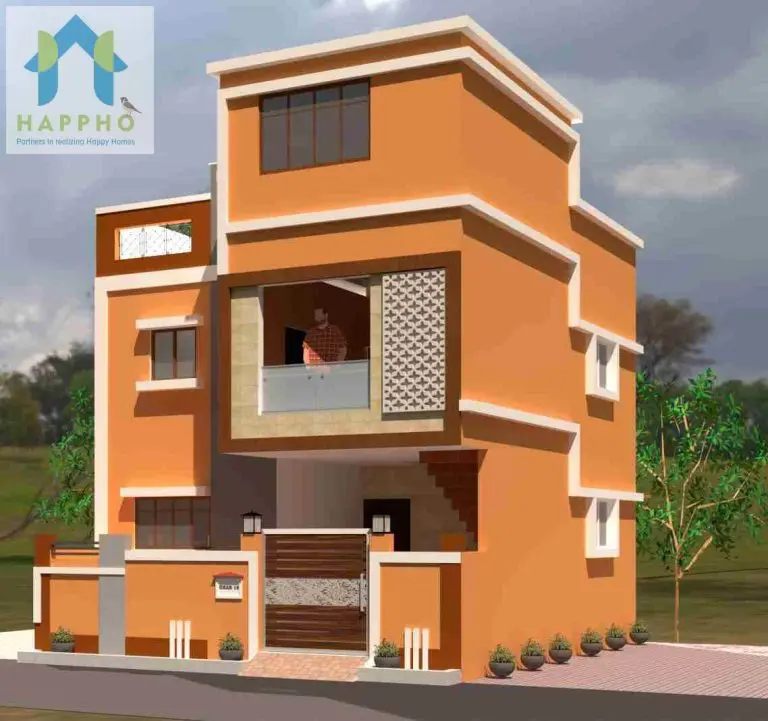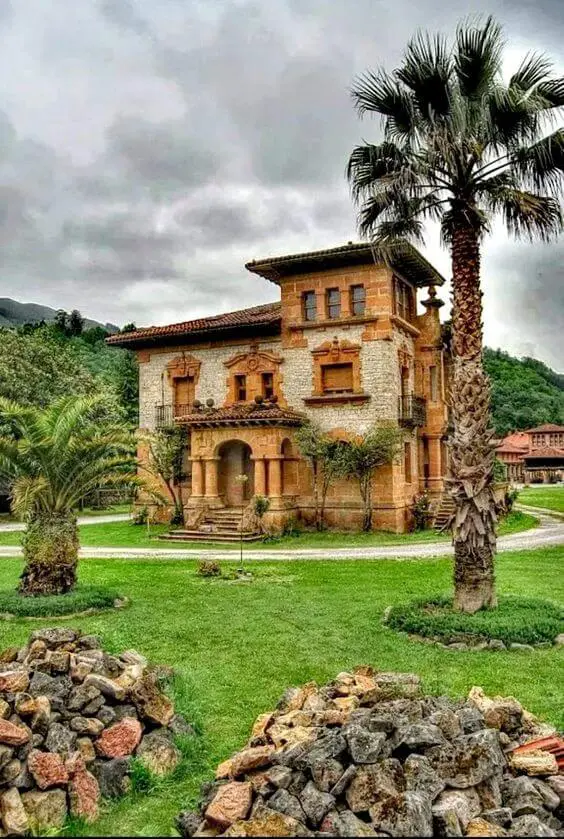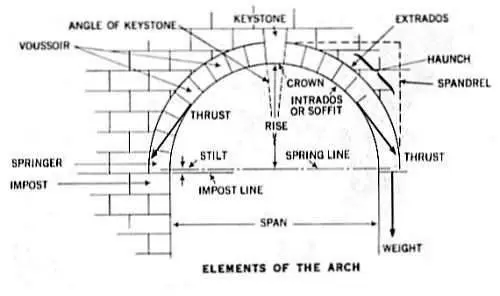Lights define the unseen or reveal the secrets of a space by making it illuminate and reflective enough to be caught in human sense of vision. Lights play a major role in defining a structure as a whole or a part of it.
The existence of a space in dark that is at night or in absence of light is achieved or proved by the variety of lights used no matter as a means of décor or to actually create a visually connected space.
The ambience, impact and the serenity of a space is what defined by lights may it be any time of the day. Lights not only play a role to enhance a space and make it visually connective but also help in to bring a variety of ambience change keeping the space constant.
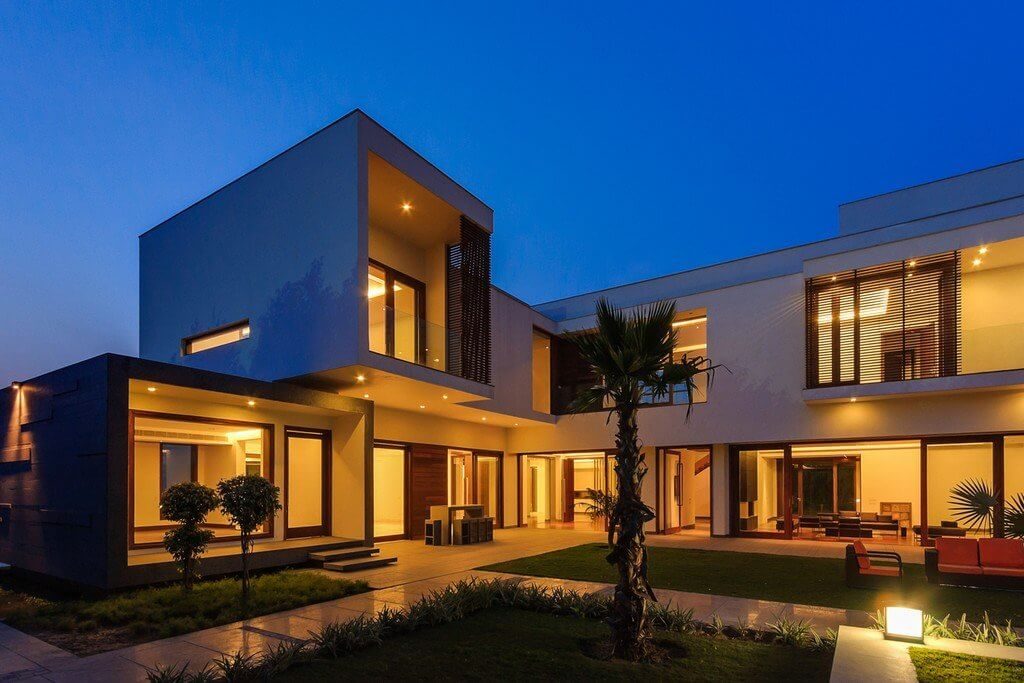
Lights in Interior
Lights in interior spaces play a major role in creating desired ambience in a space along with serving the basic function of lighting up the space for better visual connectivity. There are a variety of types of lighting available and methods to light up a space.
Nowadays there are triple color ambience available to light up a room i.e. like a complete yellow ambience, a complete crystal white ambience and a mix daylight ambience. The different ways to enhance the interior spaces are:
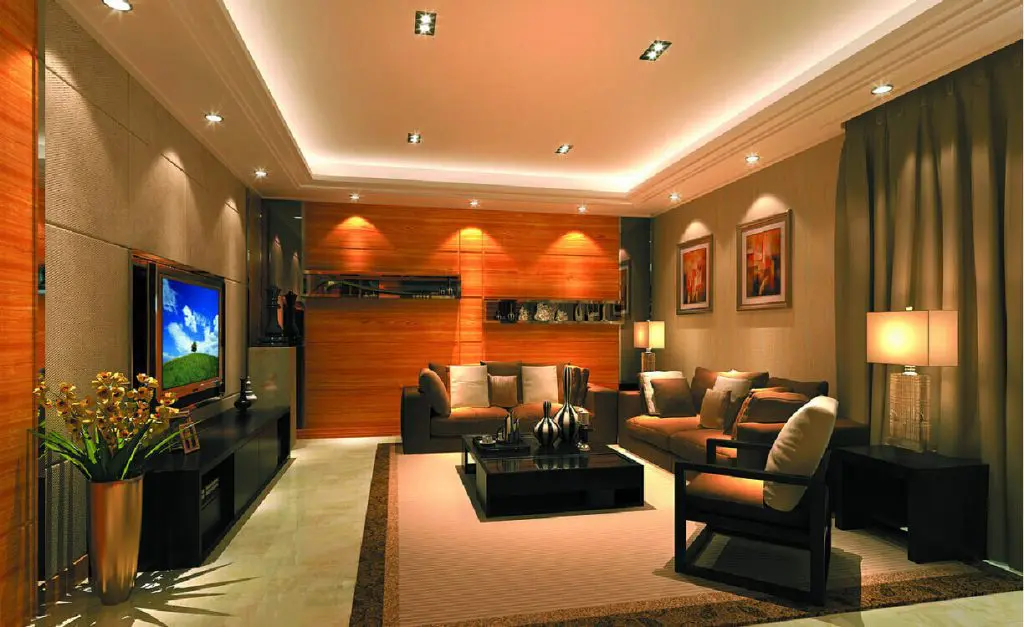
1. Diffused Lighting
- These are generally hidden lights with a glowing spread of glare that is actually visible to the human eye.
- This help in creating a soothing and calmly relaxing ambience and are mainly used in spaces like dining areas, living rooms, bedrooms, etc.
- These are mainly fixed in grooves or trenches available in the interior spaces like below sofas, around the television unit, grooves in the false ceiling, along the dining table edge and also along the voids.
- These are also used to highlight a particular furniture piece or a show piece and also the design of the false ceiling or other interior elements.
- The cove lighting in the false ceiling also serves as a night lamp for the nocturnal times and may be used for creating a scenic relaxing ambience in the bedroom.
- LED strips are mainly used for diffused lighting along with led bulbs and tube lights.
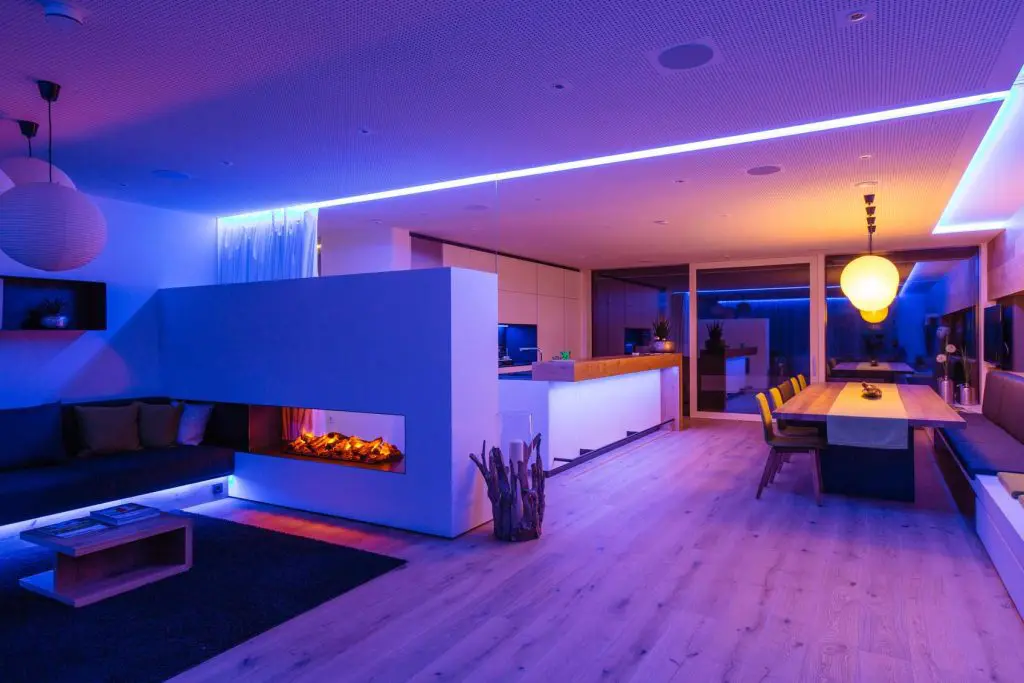
2. Direct Lighting
- Here the source of the light is clearly visible along with the glare spread of the light.
- Proper fixtures are introduced for this type of lighting along with the light source.
- These are generally used for spaces where there is reading and some other activities like cooking, playing, etc.
- They when viewed directly create a direct hit in eyes and hence mainly placed and designed over human eye level to avoid obstruction to vision and maintain the lighting of the entire room or space.
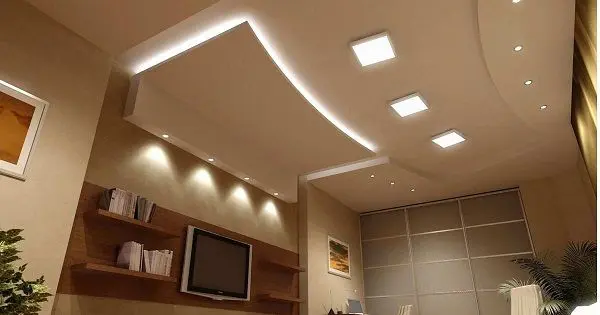
3. Task Lighting
- These are mainly with smaller spread ratio and used for particular small parts of the entire spaces.
- Task lighting as the name suggests serve the lighting for any specified task only and the spread of glare is also limited to that space.
- These can be of any type like directly fixed with the ceiling or may be even suspended.
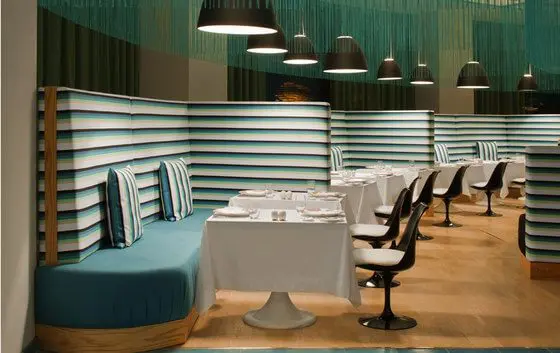
4. Water Lighting
- The water bodies may it be internal or external should also be enhance by use of some water proof lights.
- The ambience created by the reflection of the lights coming out through the water surface is beautiful along with making the water body usable and visually connected at night also.
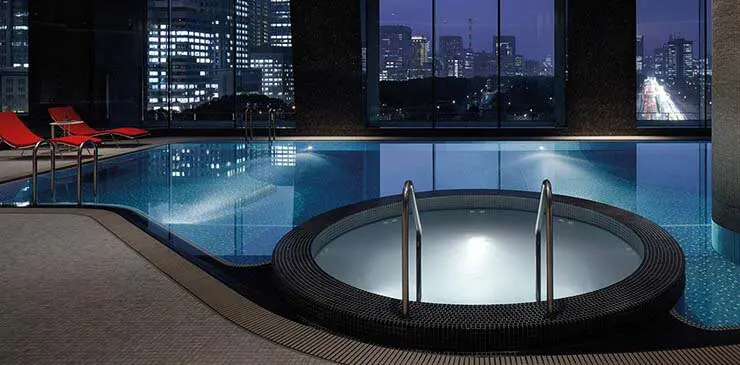
5. Chandelier Lighting
- Chandeliers are basically a focal point of the entire lighting system.
- They serve as a focus with the intricate designs available along with bright lights.
- A plenty of designs of these chandeliers are available and also custom made chandeliers are also available.
- These are used mainly in living rooms and place generally in the centre of the room or the space.
- They are also used in open well staircases at the central void that is the well connecting the entire staircase visually with the chandelier creating the perfect interest and ambience for the staircase block.
- These are also used in lobbies for a grand open ambience.
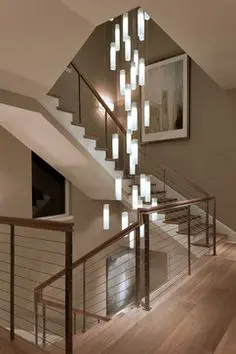
Lights in Exteriors
Exterior lighting also plays a very important role on the structure as well as the surroundings. They create a direct impact on the city skyline and the night-scapes of the city. They serve as a street light for the surrounding area creating a safe environment around and making it useful for the adjoining areas.
These external lights also enhance the elevations of the structures and the road line perspective of the roads along the city. Here also there are a variety of types of external lightings.
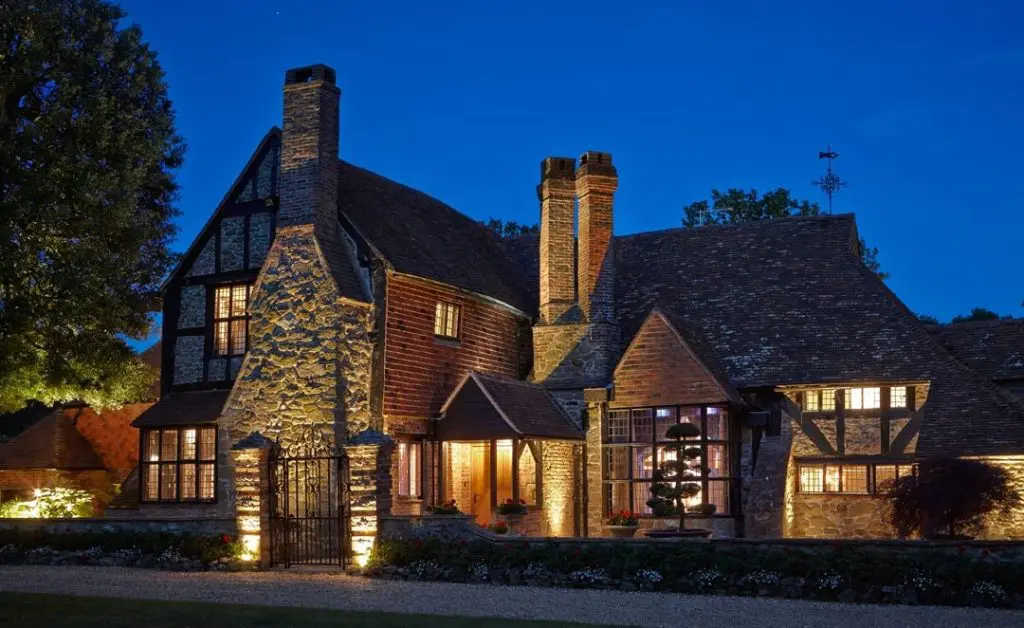
1. Facade Lighting
- These help the elevations look livelier along with illuminating the entire site eliminating all the dull and negative spaces.
- These are the lights that play a dual role and serve as street lights for the adjoining roads and the small streets around.
- The façade lighting also enhances the variety of materials used and the various textures of the façade.
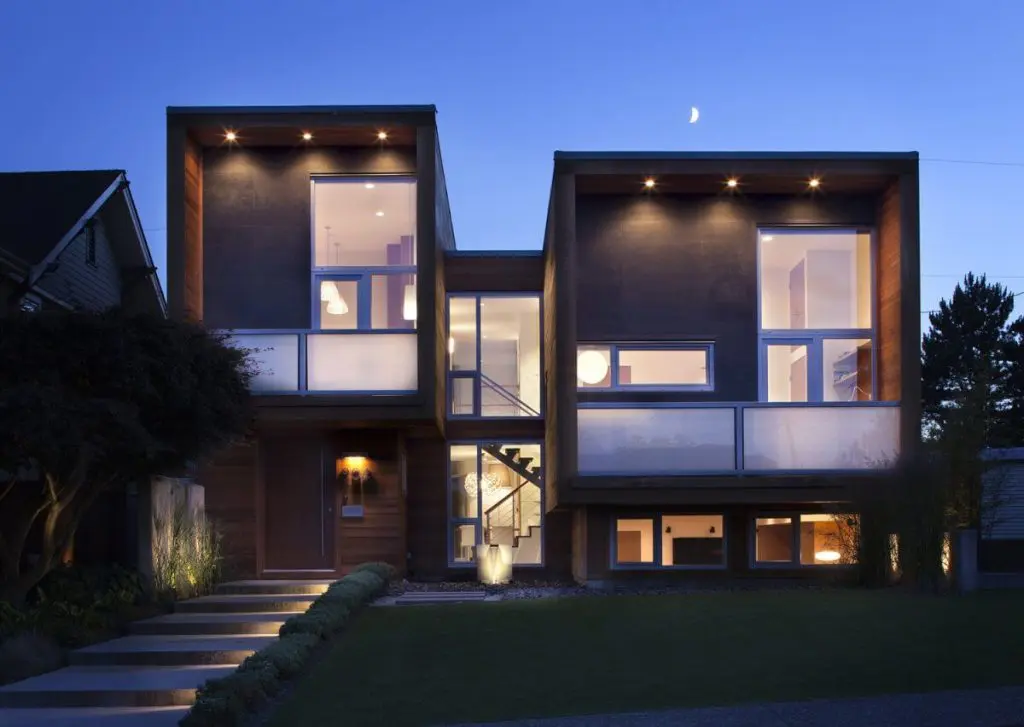
2. Landscape Lighting
- Landscape lighting is also an essential criteria for the external lighting of the structure as it helps to create a variety of ambience on site along with enhancing the beauty of the well-designed landscape.
- These lights help to light up the entire site complementing the structure and its lights and thus creating a complete illuminated package with site and structure visually connected with these glares and rays of lights.
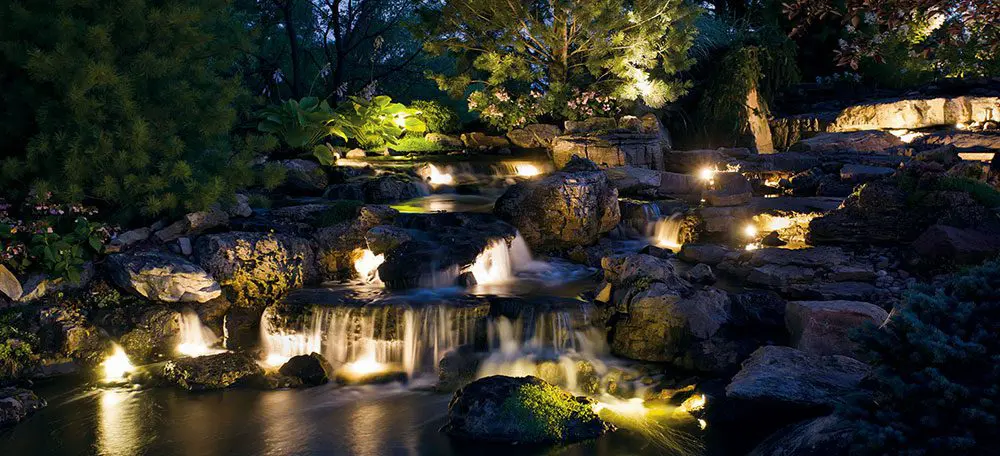
Lights may be a consumption of energy but they serve well as a psychiatrist to rewire the human brain and senses and to create a poetic feel from the point when one enters the site, views the structure and passes through it.
– Kushal Mehta

